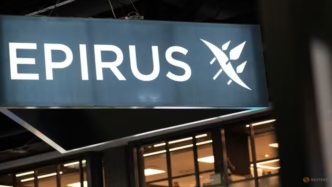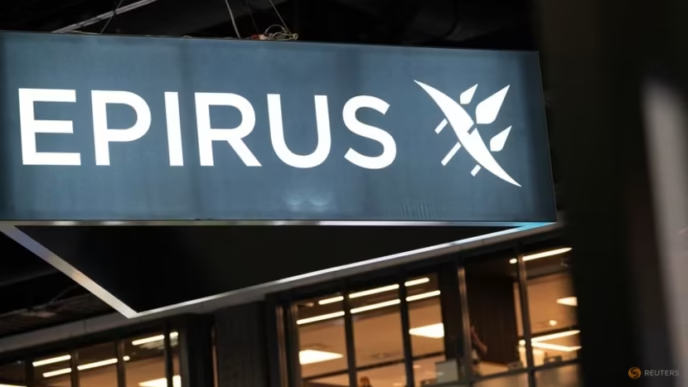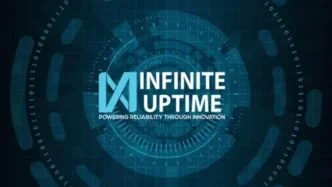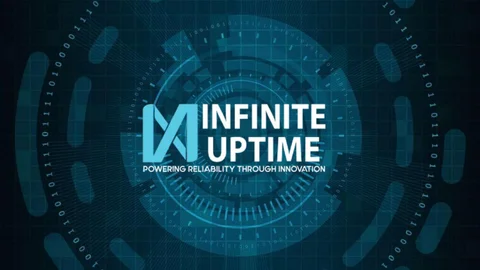Fintech startup Ramp is facing political scrutiny over its potential selection for a $25 million federal contract, as Congressman Gerald Connolly launches a formal investigation into the matter. Connolly, the top Democrat on the House Oversight Committee, is raising red flags about possible favoritism in the government’s decision to engage Ramp—an expense management platform with no prior federal contracting experience.
The congressman has sent a detailed inquiry to Stephen Ehikian, Acting Administrator of the General Services Administration (GSA), seeking transparency on the GSA’s decision-making process. Connolly wants a complete record of all meetings and communications between GSA officials and any representatives from Ramp. His concern: that Ramp may be receiving special treatment in the bidding process for a pilot program under the massive SmartPay government expense initiative.
Worth an estimated $700 billion, SmartPay handles government card transactions through major banks like Citibank and U.S. Bank. Now, with the federal government considering new digital platforms for piloting improvements, Ramp has entered the race. But the circumstances of their involvement are now under a microscope.
Political Ties Trigger Concerns
At the heart of Connolly’s concern is the fintech’s investor roster. Ramp’s backers include Founders Fund (co-founded by Peter Thiel), Keith Rabois of Khosla Ventures, 8VC’s Joe Lonsdale, Thrive Capital’s Josh Kushner (brother to Jared Kushner), and Jeb Bush, among others—all of whom have ties to Republican politics or the Trump camp. Rabois reportedly raised over $1 million for Donald Trump’s 2024 campaign, a fact noted in Connolly’s letter as a potential red flag.
While Ramp says it’s competing through a standard procurement process, Connolly has alleged that Ramp made moves to access specialized bank identification numbers before the government had even released an official Request for Information (RFI) for the pilot. In his letter, he also cited reports that a GSA employee allegedly referred to Ramp as the “favorite” to win the contract—raising concerns about impartiality.
How Ramp Got on GSA’s Radar
Ramp, for its part, claims it entered the running after seeing a public post on X (formerly Twitter) from the Department of Government Efficiency (DOGE). The post mentioned the scale of SmartPay, revealing that the government processed around 90 million transactions worth $40 billion in fiscal year 2024 across roughly 4.6 million active credit card accounts. Ramp says a former customer connected them with the GSA shortly after that.
Still, the congressman wants to know why Ramp was reportedly taking preparatory steps weeks before the process was open to others.
Ramp has declined to comment on the investigation at this time.
The startup, founded in 2019, has grown rapidly. In March, Ramp hit a new valuation of $13 billion following a $150 million secondary share sale. The company has raised over $1 billion in equity and secured $700 million in debt financing to date.













